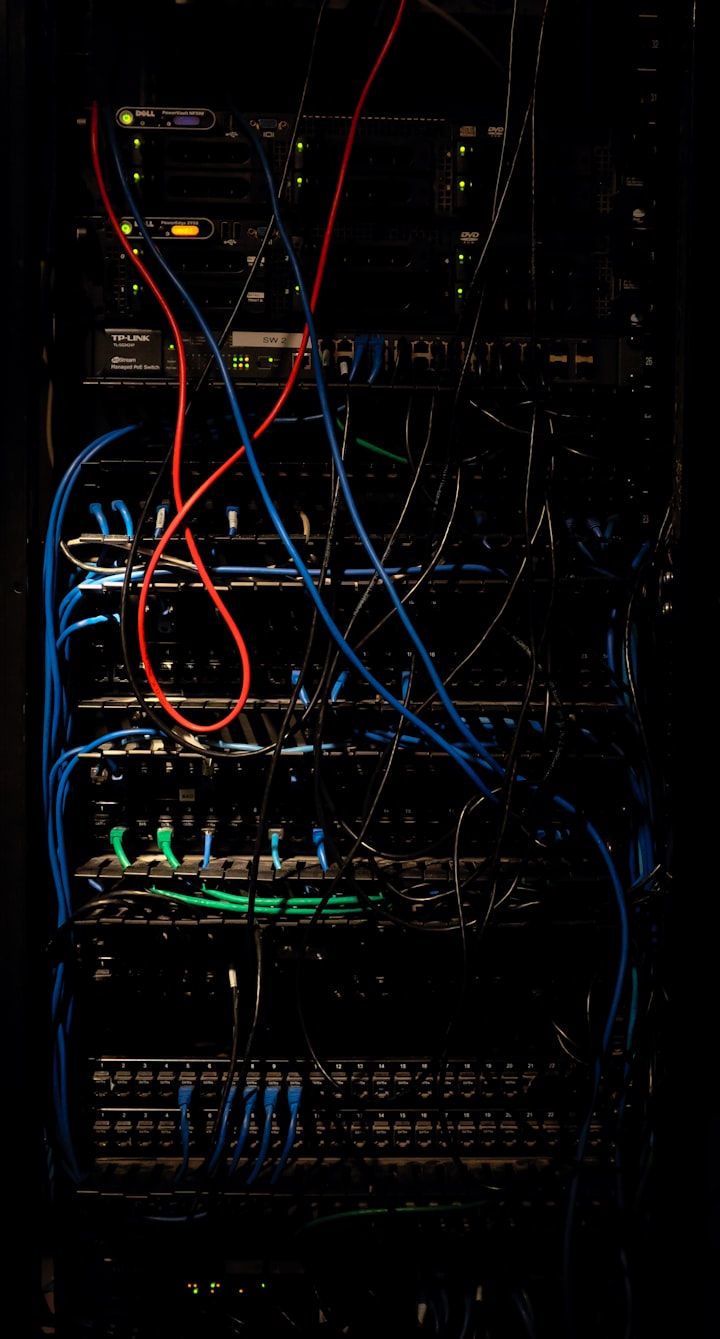
Dion Hinchcliffe, author of Social Business By Design, joined us for this episode of Engati Engage. We spoke about automation, remote work and digital enterprises .
Dion Hinchcliffe is an internationally recognized thought leader, IT expert, enterprise architect, bestselling book author, frequent keynote speaker, analyst, and transformation consultant.
He works with the leadership teams of Fortune 500 and Global 2000 firms to drive successful change with emerging digital methods.
These include employee experience, online community, cloud computing, data centers, digital business models, Internet ecosystems, Internet of Things, workforce collaboration, and the future of work.
Digital Enterprises- Dion Hinchcliffe on Video
Digital Enterprises
This section will contain a summary of our interview with Dion Hinchcliffe. But, if you’d rather listen to him speak, we have our Spotify Podcast embedded below.
What are the building blocks for the Enterprise for the Digital age? What’s your view of the future of the Enterprise?
The network is the real foundation of the digital age. Or rather, it’s the people on those networks who are connected with each other 24/7 and creating content. That’s the first building block.
The second building block is the digital channels on which we’re sharing all this content. We started with email and websites, now we moved to social media. We need to pick the channels that matter the most to the audience and stakeholders that we care about.
The next building block is the experience management block.
We’re going to weave all this content into experiences for our stakeholders. We have to manage, create and shape those conversations.
Finally, we look at the value add capabilities. Things like analytics and AI. The ability to create commerce and business models on top of this so that we can create value for our businesses, communities and stakeholders.
How do you believe AI, automation and conversational intelligence be used in the future?
What future trends do you expect to see?
Automation is working it’s way into everything.
Now, everything is becoming digitized. We need to be able to manage the huge flow of information that we have.
We need to sort through and figure out what’s important about all this information. Automation will also help us connect this data to major decisions that we have to make.
Automation can take away the overhead work that takes us away from the more valuable work. We’re going to be able to focus on the work that only humans can do.
It’s going to make everything easier, faster and simpler than it was before.
We’re also seeing organizations taking a highly ethical stance towards AI. Some companies will not sell their AI tools to anyone unless they’ve proven their intentions to be good.
How do you think workplaces will evolve in a Digital Post-Pandemic Society?
Remote work is here to stay.
Dion says that we’re never going back to the way we were. Our organizations have been physically disbanded until further notice.
Remote work is not the same as physical work. We have to stop working and start listening on videocall. Videocalls aren’t scalable . That’s leading to productivity issues in many organizations.
We’re going to be using networks that allow us to collaborate simultaneously, without interrupting each other . We’re going to use team chat, instant messaging and online communities. It’s scalable.
We’re going to learn to manage and lead our organizations remotely. It’s been tough, but we’re learning.
What is it that startups are doing differently in terms of technology that sets them apart from older organizations?
The older and larger an organization is, the more bureaucratic it is. They generally take more time to accept new technologies.
There’s a management principle that says that you have to reorganize every 2 years. Companies like Johnson & Johnson and Procter & Gamble do this. It helps them avoid the rut of bureaucracy.
The newer digital gazelles can run circles around the older companies.
70% of the Fortune 500 and Global 2000 are gone from the year 2000. This is mostly due to the failure to adapt to new technology. They take years to do things that younger companies are doing in a few months.
They were just not adapting. And that’s certainly why 70% of them have vanished in the last 20 years.
To read the complete article, click here.
About the Creator
Engati
Engati is the leading chatbot platform that allows to build chatbots of varying complexities & scale with ease.
A bot marketplace to choose template, conversational flow builder, easy training, integration options, deploy on various channels






Comments
There are no comments for this story
Be the first to respond and start the conversation.